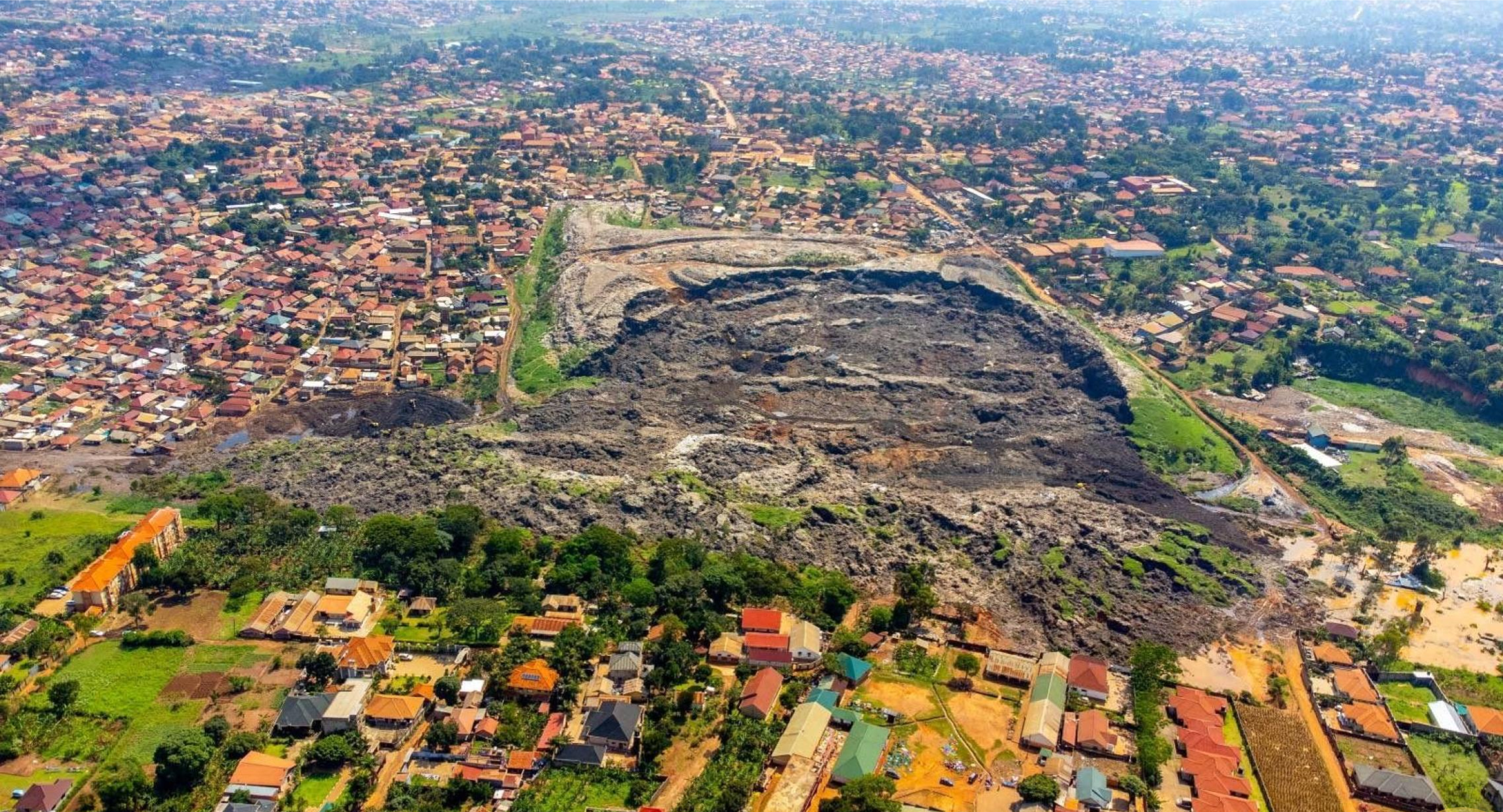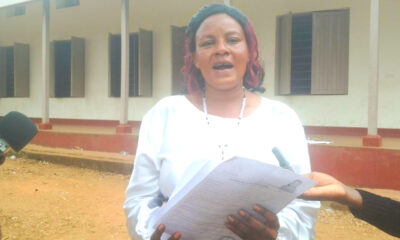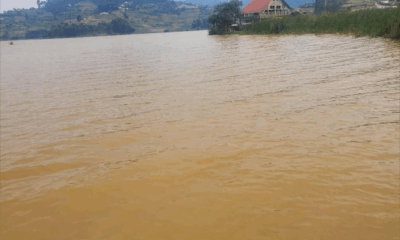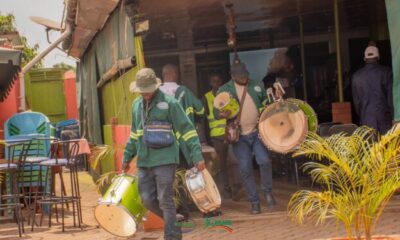Environment
UN-Habitat to Decommission Kiteezi Landfill After Fatal Collapse
In response to the site’s catastrophic collapse in August 2024 which resulted in the loss of 24 lives, UN-Habitat will initiate decommissioning and repurposing of the 8 acre Kiteezi landfill in Wakiso District, Uganda starting in October 2025. Established in 1996 with support from the World Bank, Kiteezi has served as Kampala’s main waste disposal site, receiving approximately 2,500 tonnes of garbage daily. Over the years, it has faced significant issues, including inefficient operations, inadequate waste sorting, and safety concerns.
The announcement was made on September 2, 2025, by Benon Kigenyi, the Deputy Executive Director of Kampala Capital City Authority (KCCA), during a briefing with the Committee on Commissions, State Authorities, and State Enterprises (COSASE), led by MP Medard Sseggona Lubega of Busiiro County East. Kigenyi confirmed that UN-Habitat has secured the necessary regulatory approvals to begin the decommissioning and redevelopment process. He noted that the agency brings both advanced technology and international expertise to the project.
Backed by a $1 million grant (around UGX 3.723 billion), UN-Habitat will provide specialized technical support and equipment for the landfill’s safe closure. This includes managing and treating toxic leachate that has posed environmental and health risks to surrounding communities.
A report by the Auditor General for the fiscal year 2023/2024 warned of structural cracks at the landfill and the potential for further collapses. It also criticized the UGX 2 million compensation per household as insufficient given the high cost of urban living. MP Sseggona further revealed that some displaced families have returned to the area due to delays from the chief government valuer, hampering KCCA’s resettlement efforts.
The fatal landslide on August 10, 2024, in Kiteezi village, Kasangati Town Council, highlighted the urgent need for a sustainable and safe waste management system in Kampala. UN-Habitat’s involvement is seen as a step toward preventing future disasters and ensuring better environmental practices.
Separately, in May 2025, the Centre for Health, Human Rights and Development (CEHURD) filed a legal petition in the High Court against both KCCA and the National Environment Management Authority (NEMA). The suit alleges that government authorities failed to act swiftly in shutting down the landfill, thereby infringing on residents’ constitutional right to a clean and healthy environment. CEHURD contends that KCCA’s failure to control toxic waste runoff into the Kiteezi–Kitetika stream poses serious risks to public health, safety, and property.
Comments

























